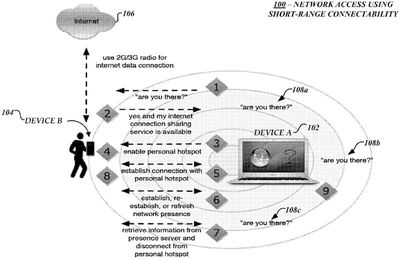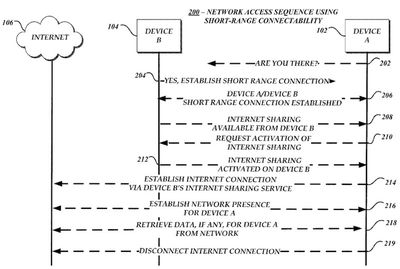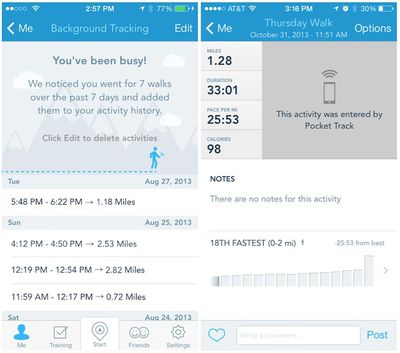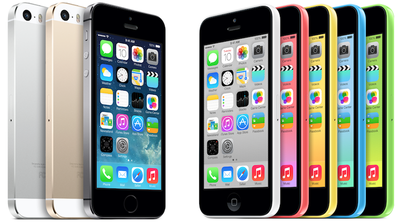 Former Nokia CEO Stephen Elop, considered one of the leading candidates to replace Steve Ballmer as CEO of Microsoft, is reportedly open to the possibility of broadening distribution of the company's Office suite to platforms such as iOS and Android should he be named to the position, according to a report from Bloomberg.
Former Nokia CEO Stephen Elop, considered one of the leading candidates to replace Steve Ballmer as CEO of Microsoft, is reportedly open to the possibility of broadening distribution of the company's Office suite to platforms such as iOS and Android should he be named to the position, according to a report from Bloomberg.
Elop would probably move away from Microsoft’s strategy of using these programs to drive demand for its flagship Windows operating system on personal computers and mobile devices, said the people, who asked not to be identified because the 49-year-old executive hasn’t finalized or publicly discussed his analysis of the business
The possibility of bringing Office to iOS has been rumored for a number of years, particularly since the 2010 introduction of the iPad. While Microsoft has an Office Mobile app for iPhone to allow subscribers to the company's Office 365 service to perform basic editing on Office documents, a full-fledged Office suite for iPad and iPhone has yet to appear. According to the most recent reports, Office for iPad is awaiting completion of a "Touch First" interface that will come first to the Windows version of the suite in the early part of next year.
Elop spent nearly three years heading up Microsoft's Business Division, which is responsible for Office, before it was announced in September 2010 that he would be leaving the company to lead Nokia. Elop stepped down as Nokia CEO alongside the September announcement that Microsoft would be acquiring Nokia's Devices and Services Division. He is scheduled to take charge of a new Microsoft division focused on devices such as Surface and Xbox, but is said to be under strong consideration to be named CEO.
Elop would reportedly also be open other major changes if he were to take charge of Microsoft, including selling off the Xbox division or shutting down the Bing search engine services. Outspoken Microsoft spokesman Frank Shaw bluntly responded to Bloomberg's request for comment, stating that "We appreciate Bloomberg's foray into fiction and look forward to future episodes."


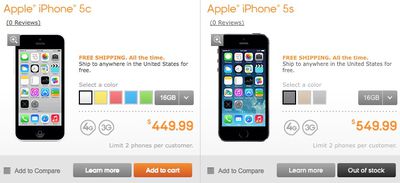
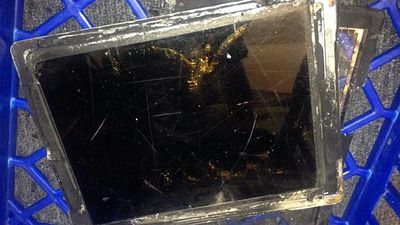



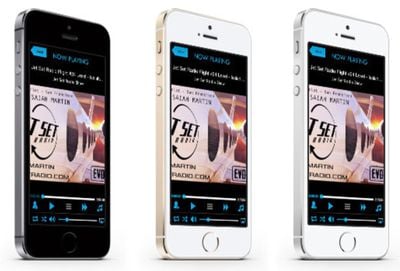
 The United States Senate has approved the anti-discrimination bill that Apple CEO Tim Cook
The United States Senate has approved the anti-discrimination bill that Apple CEO Tim Cook 

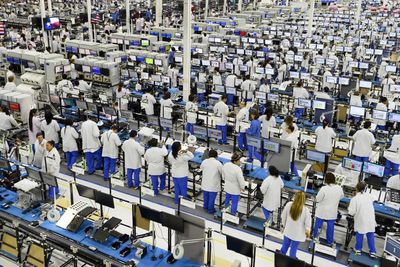
 Before the announcement of its Apple partnership and the
Before the announcement of its Apple partnership and the  Earlier this week, we
Earlier this week, we 